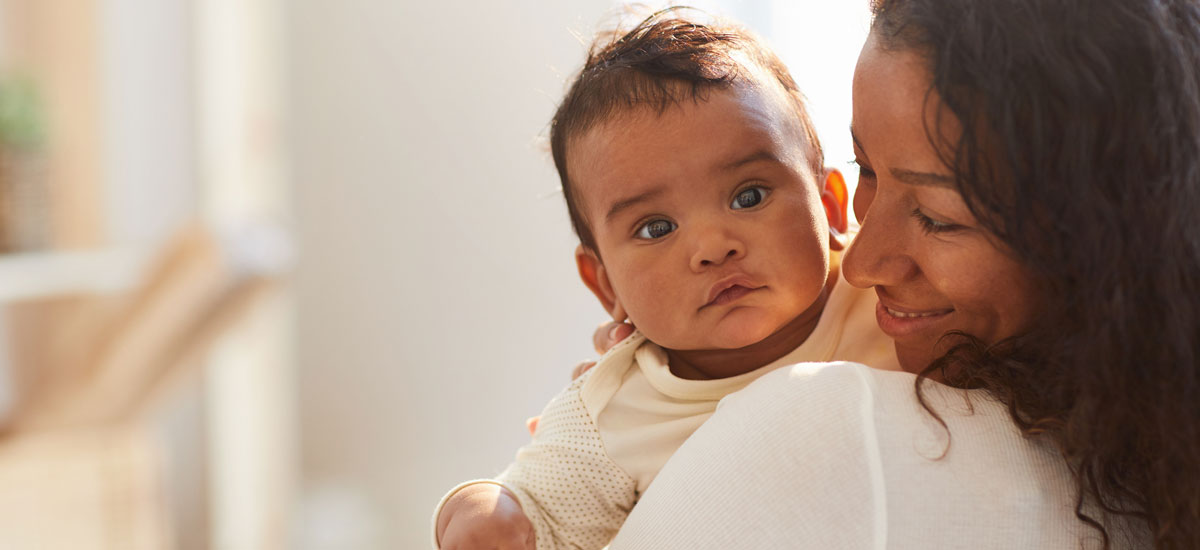As the saying goes “A happy mom means happy baby.” A recent study underscores the thought, revealing mom’s emotional state could mean a happier—and healthier – baby.
A recent study published in JAMA Network Open took a look at whether there could be an association between psychological distress in mom and the developing neural networks of an unborn child. The findings say “yes.”
Earlier research suggests depression or severe anxiety experienced by a pregnant woman can translate to behavioral or emotional troubles in children. While this behavior could arise from the home environment, newborn imaging studies suggest neural circuitry issues could occur during pregnancy as well.
Researchers at Children’s National Hospital were curious about the impact of a mother’s emotional state on their developing fetus. To investigate, study authors at Children’s worked with pregnant volunteers who were already participating as a healthy control group on another study involving fetal brain development. During the study, 50 women responded to surveys on anxiety, depression and stress. In addition, brain scans were performed when their fetus was between 24 and 39 weeks of age.
Some findings of the research include:
- The fetuses of women with higher scores for stress and depression had a higher likelihood of stronger neural connections between the brainstem and sensorimotor areas of the brain. The sensorimotor area is associated with sensory and motor integration and function, while the brainstem is associated with arousal.
- The fetuses of women with higher anxiety scores were more likely to show weaker connections between the occipital association cortices and the parieto-frontal cortices. The occipital lobe of the brain is associated with vision, while the parietal lobe assists with integration of sensory information such as movement or temperature. Study authors note these areas are involved in “executive and higher cognitive functions.”
Scientist Dr. Josepheen De Asis-Cruz states, “These findings are pretty much in keeping with previous studies that show disturbances in connections reported in the years and decades after birth of children born to women with anxiety. That suggests a form of altered fetal programming, where brain networks are changed by this elevated anxiety even before babies are born.”
While the study suggests an association between development of neural networks in fetuses and the emotional state of their mother, it is as yet unclear how these impacts work into the future.
That said, Dr. Catherine Limperopoulos with Children’s Hospital notes, “Mental health problems remain taboo, especially in the peripartum period where the expectation is that this is a wonderful time in a woman’s life. Many pregnant mothers aren’t getting the support they need. Changes at the systems level will be necessary to chip away at this critical public health problem and make sure that both mothers and babies thrive in the short and long term.”
In order for a baby to get its best start, obstetrical care for body and mind of mom from the outset of pregnancy is important.
Speak with highly-qualified medical malpractice attorneys in Washington, DC and Baltimore, Maryland
With a track record of success on complex medical claims since 1984, Schochor, Staton, Goldberg, and Cardea, P.A. delivers aggressive litigation service to individuals and families who suffer medical negligence. Contact us today or call 410-234-1000 to schedule a free consultation to discuss your case.

